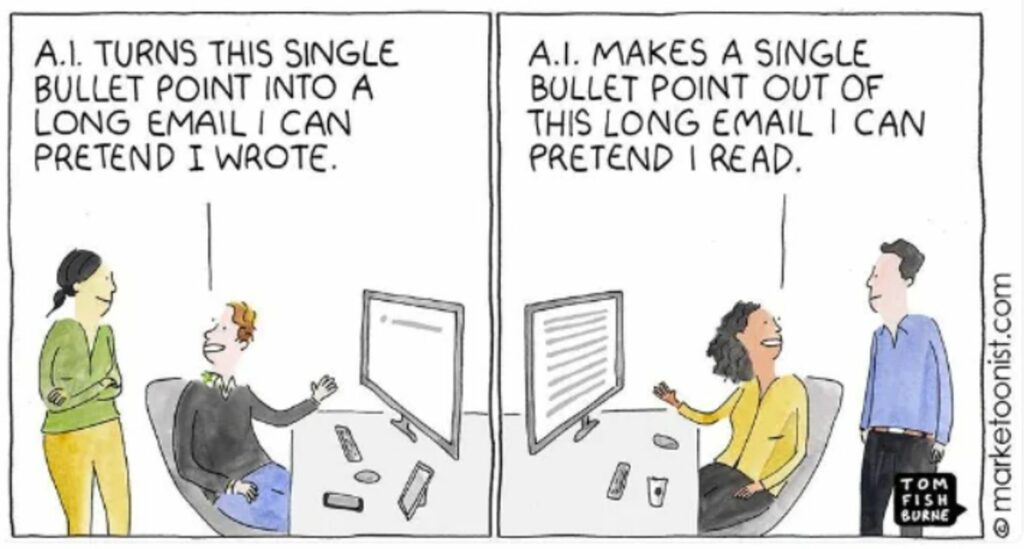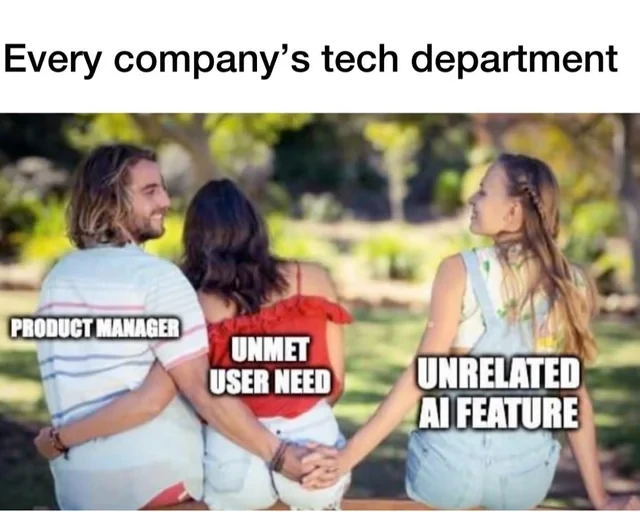On this, it’s worth looking back on the 1980s #Thatcher era in the UK, #deathcult privatisations, this era is now ripe for real and useful contemporary criticism. And this criticism could be used for a useful push for the change and challenge we need now.
Water Companies, privatized in 1989 with promises of efficiency and investment, have since faced continuous scandals over sewage spills, underinvestment, and skyrocketing bills. The outcome, profits have been pushed over public service, leading to environmental and infrastructure mess which will coat billions to compost.
Railways, privatized in the 1990s under Major, have led to fragmented operations, high ticket prices, and crap service. Public subsidies have increased dramatically, effectively making it a publicly funded but privately profiting system. The failures of companies like Railtrack highlighted systemic issues. This urgently needs to change, but this is a mess that leads to huge public costs.
The Steel Industry, British Steel, was privatized in 1988 but continued to struggle to compete globally. Subsequent closures and job losses have been crippling to industrial regions. Today, the UK steel industry remains a declining mess, requiring government intervention and subsidies to survive. We don’t have a path out of this mess, in the era of international instability we need a solution.
Energy, the privatisation of electricity and gas led to reduced competition over time, with prices soaring for consumers. Companies have been price gouging and underinvesting in sustainable energy. A mess, to manage the shift to renewables, that we now need to compost.
Telecom, while privatisation of BT (British Telecom) did modernize telecommunications, it created an uneven playing field, with BT retaining dominance and smaller competitors struggling to compete meaningfully. What is the path with this?
The promise of our worshipping of the #deathcult was to reduce costs through privatisation unsurprisingly, this hasn’t materialized; instead, public funds have been used and continue to be used to subsidize failing privatized companies owned by the #nastyfew.
The broader impact has been the pushing of widening social inequality. Essential natural “commons” services and utilities were turned into “profit” drains for the #nastyfew at the expense of affordability and quality for the meany. With privatisation, it transferred wealth from the public to this small group of greedy and nasty people.
The scale of these failures and public dissatisfaction might be a force for the change and challenge we so urgently need. That is, if we can make the more horizontal path actually work for us as a first step #OMN
What is the plan?

